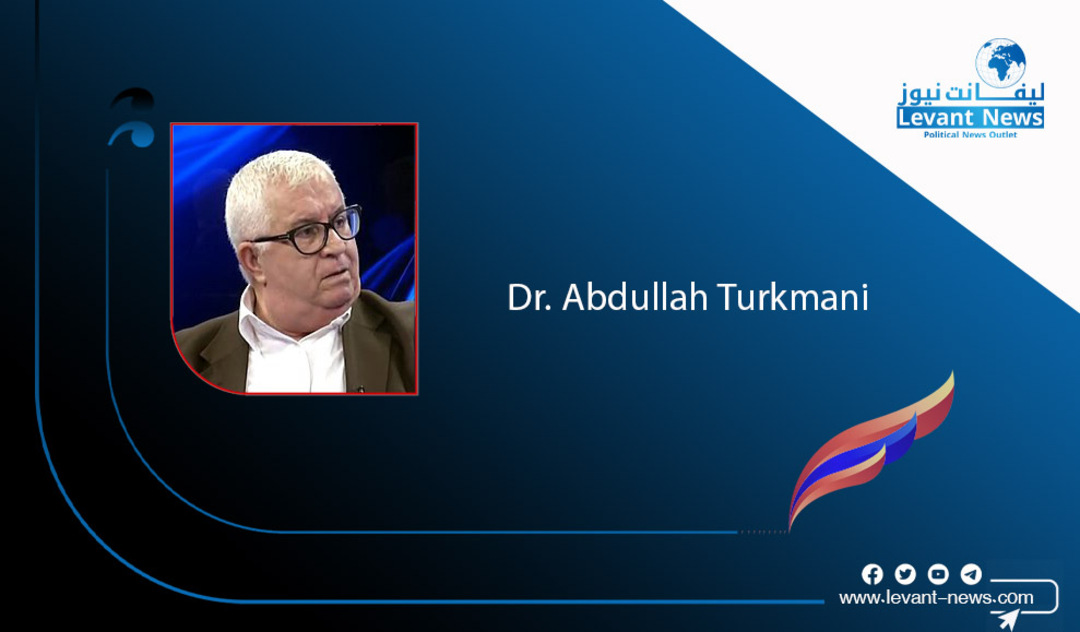-
The Anticipated Political Life in the ..New Syria

The Al-Assad regime has transformed the state from a public space accessible to all citizens into a private space exclusively for those loyal to the security authority. This underscores the importance of proposing an alternative political vision for the new Syria, centered around key political questions: affirming the neutrality of the state as a state for all components of Syrian society, addressing issues of state, citizenship, and individual freedoms, and formulating a foreign policy that serves the project of reconstruction.
What are the institutions capable of producing a new political life for all segments of the Syrian people—institutions that are qualified to rebuild the modern state and transform the current chaos into a process of constructive nation-building, based not on conflict but on the bonds of Syrian national unity? What needs to be changed? And how can the political system be re-produced to lay the foundation for comprehensive change at all levels?
Certainly, this requires restructuring the political system, lifting bans on political parties and civil society organizations, reforming security agencies, and building a modern national army that includes all segments of the Syrian people—not only the factions that gathered in the so-called "Victory Conference." Additionally, guarantees for free and fair elections, transitional justice, and national reconciliation are essential.
The democratization process demands continuous cumulative effort, which calls us to abandon illusions of rapid political change. After the transition, the regime must be radically re-established—from reorganizing administration and political life to enabling the emergence of an effective civil society and influential political parties that earn the trust of the people.
In this context, if the forces of change do not recognize the difficulties surrounding the transitional phase and develop effective approaches to address these challenges—mainly by seeking to build national consensus—stability will seem almost impossible. Here, civil society organizations play a vital role in promoting positive values among the Syrian citizens through initiating national dialogue on issues of public interest.
To ensure a genuine political life, we can benefit from the experience of change movements in countries that have transitioned from authoritarian regimes, especially the key lesson that democratic transformation requires continuous cumulative effort. Democracy is a gradual process dependent on the presence of intellectual and political elites with a modern political culture. There are no guarantees that change will immediately result in democracy.
The success of the transformation process hinges on extensive political awareness among broad segments of youth and women, forming a large political bloc committed to this path, benefiting from international support to aid the transitional process, and thwarting counter-revolutionary forces.
The state has a crucial role in this process by avoiding arbitrary separation between politics and economics and abandoning illusions of achieving economic development without political modernization. In this context, efforts have been made to define the roles of the state and good governance, ranging from the state's effectiveness in securing basic needs such as education, health, housing, and employment, to the rule of law, fighting corruption, and enabling citizens' freedom of expression.
Future Syria appears to most urgently require starting from the United Nations' definition of the right to development—"an integrated process with economic, social, cultural, and political dimensions aimed at continuous improvement of the well-being of all people, through which human rights and fundamental freedoms can be realized."
The state has an essential role in this process, particularly by avoiding arbitrary separation between politics and economics and abandoning illusions that economic development can be achieved without political modernization. Here, the importance of participatory development approaches becomes clear—approaches that enable citizens to contribute to finding appropriate solutions for their basic needs.
Abdullah Turkamani
You May Also Like
Popular Posts
Caricature
opinion
Report
ads
Newsletter
Subscribe to our mailing list to get the new updates!




















